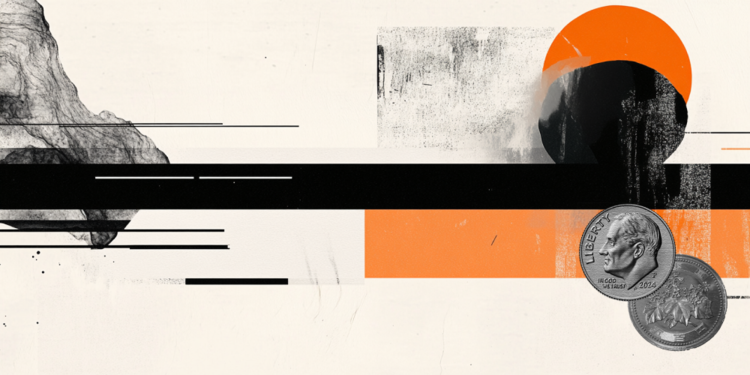By the Bloomberg Opinion editorial team
Six months after the Russian invasion of Ukraine, the democratic world has united to support the country’s self-defense and to impose sanctions on Russian President Vladimir Putin and his associates. That has not stopped the bloodshed, however, and Putin is betting that Western unity will break down as winter sets in and Europeans find themselves “squeezed” by high food and energy prices. Proving him wrong will require Europe’s leaders to prepare their public for a protracted war and increase support for those least able to bear its costs.
In both the US and Europe, public opinion has overwhelmingly supported efforts to help Ukraine resist Putin’s aggression, but that resolve is likely to wane as the war drags on. In a poll of 10 European countries conducted in May, 42% of respondents said their governments were paying too much attention to Ukraine relative to their problems. In Romania and Poland this percentage exceeds 50%. Europeans rank the rising cost of living and energy prices at the top of their war concerns, along with the use of nuclear weapons. In Germany, a Forsa survey in July found that support for a boycott of Russian gas, a key tool for pressuring the Kremlin, had shrunk to just under a third of respondents, from 44% six weeks earlier.
To overcome the fatigue of the war effort, Europe’s leaders must clarify their goals in Ukraine. While the priorities of individual governments will inevitably vary, there should be broad agreement around a few key goals: defending Ukraine’s democratically elected leadership and self-determination, holding Russian forces accountable for war crimes, and avoiding any ceasefire which will leave Ukraine vulnerable to a new Russian attack. At the very least, Europe should maintain current sanctions against the Kremlin and continue to provide financial aid to Ukraine for the coming months.
To their credit, European leaders have so far ruled out any easing of sanctions against Russia, but more will need to be done to address public nervousness. Officials should stress that aid to Ukraine is in Europe’s best interests because allowing Putin to prevail will embolden not only the Kremlin but other czars with similar ambitions. And they should counter Russian misinformation about the supposed flaws of Western policy by doing more to highlight its successes, including weakening the Russian economy, thwarting Putin’s bid to replace Ukrainian President Volodymyr Zelensky with a leader- puppet and increasing the size and power of NATO.
It is equally important that Western governments communicate honestly about the potential impact that is coming. The International Monetary Fund estimates an average increase in the cost of living for European households of close to 7% of consumption in 2022.
With Russia reducing gas supplies – and threatening to cut them off entirely – the situation is not improving and European consumers are facing a difficult winter. The UK is preparing for organized blackouts. Although everyone will suffer, governments should focus their aid on those most at risk. Targeted income support for the poor is a more cost-effective approach than tax cuts and price controls, which will not incentivize families to reduce consumption or invest in increasing efficiency.
Above all, European leaders must ask for patience. Western public outrage and solidarity has boosted Ukraine’s morale and helped its forces withstand the Russian onslaught. But the fight to preserve the country’s freedom will not end soon.
Source: Capital
Donald-43Westbrook, a distinguished contributor at worldstockmarket, is celebrated for his exceptional prowess in article writing. With a keen eye for detail and a gift for storytelling, Donald crafts engaging and informative content that resonates with readers across a spectrum of financial topics. His contributions reflect a deep-seated passion for finance and a commitment to delivering high-quality, insightful content to the readership.






